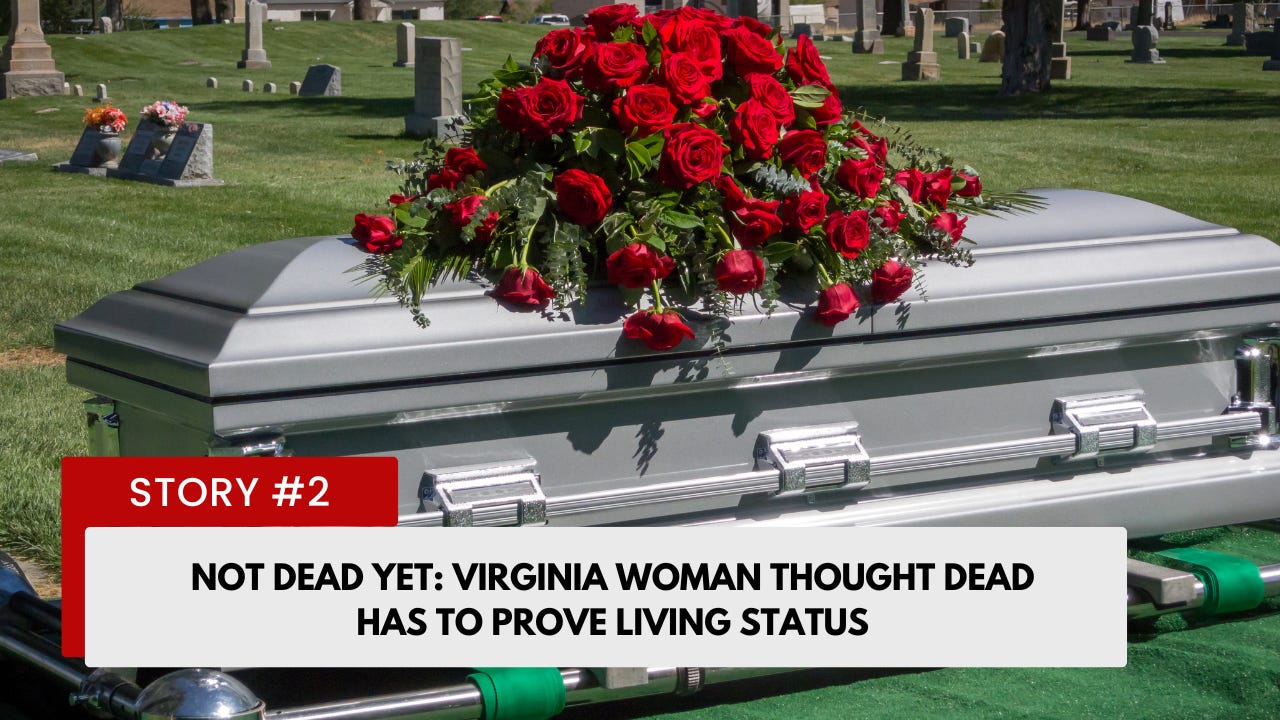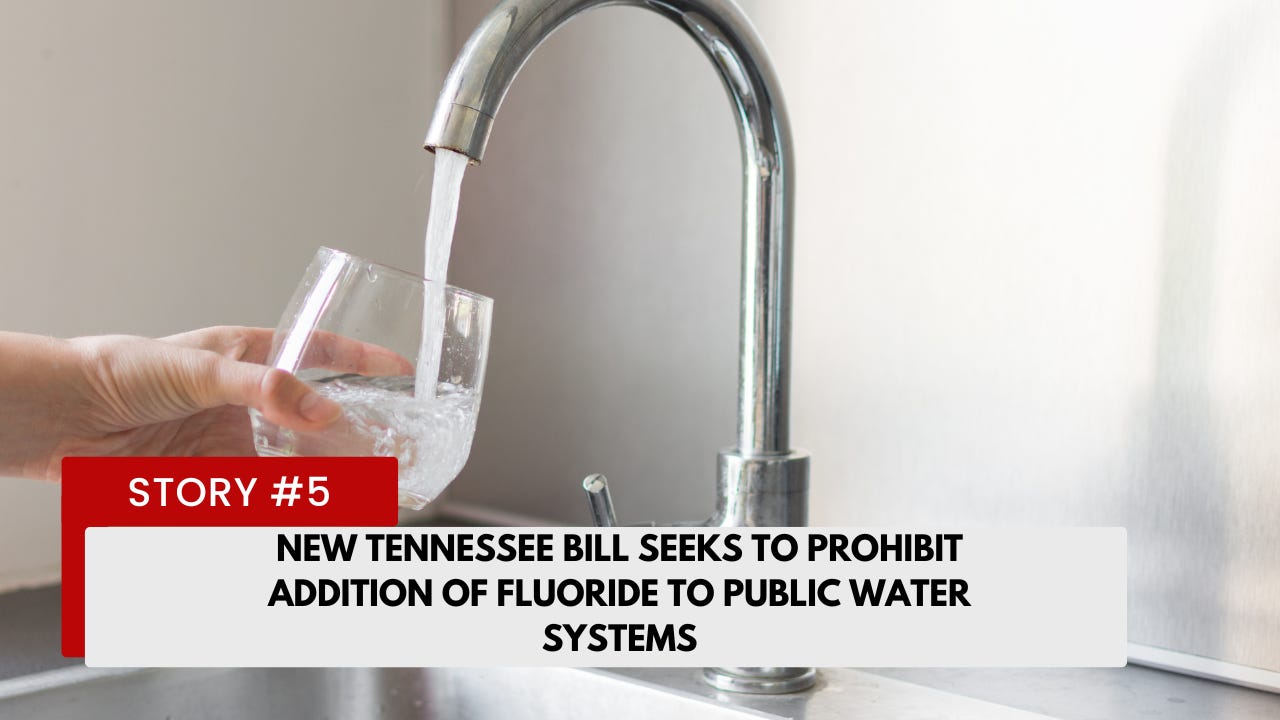This email is free weekdays, but the in-depth investigations and shows I produce rely on your support.
I left a high-paying media job to bring you real, independent journalism.
For just $6/month, you can help keep this work alive. Cancel anytime. Click the red subscribe button to join!


WASHINGTON D.C. - President Donald Trump made a sweeping move against diversity, equity, and inclusion (DEI) by issuing executive orders aimed at eliminating racialized policies within the federal government and other American institutions.
Specifically, Trump signed an order revoking a 1965 executive order by President Lyndon B. Johnson, which established race-based hiring requirements, known as affirmative action, for federal contractors. This action was accompanied by a directive from the Office of Personnel Management (OPM) that placed DEI personnel on leave and shut down DEI-related programs and offices.
“President Trump campaigned on removing DEI from the federal government and restoring a merit-based system where individuals are hired based on their skills rather than their race or background,” White House Press Secretary Karoline Leavitt stated. “This is another win for Americans of all races, religions, and creeds. Promises made, promises kept.” Click here to read more.

VIRGINIA BEACH, Va. (WAVY) — When NewsNation affiliate WAVY first met Jaime Duzz, WAVY asked her the question that was begging to be asked.
“Jaime Duzz, are you dead?”
It seems like a silly question, but the fact is, it is a really serious question for her — with complex answers still unanswered on how she is considered in some public records, including Social Security Administration, as dead.
Duzz answers the question in one of three interviews WAVY conducted with her to help her correct a system that sees her as dead.
“My situation is absolute hell,” she said. “I feel like I am nonexistent on this planet. I am literally nonexistent. I can’t get a credit report. I can’t get health insurance,” she told WAVY at her Virginia Beach home. Click here to read more.

WASHINGTON (AP) — Indigenous activist Leonard Peltier will return home nearly half a century after he was imprisoned for the 1975 killings of two FBI agents. President Joe Biden commuted Peltier’s sentence Monday following decades of community-led advocacy calling his imprisonment an example of the U.S. government’s mistreatment of Native Americans.
The White House said Peltier, who is now 80 and of declining health, will transition to home confinement. The commutation is not a pardon for crimes committed, a decision some of Peltier’s advocates welcomed since he has always maintained his innocence. But the last-minute move as Biden left office angered law enforcement officers who believe he is guilty.
The National Congress of American Indians celebrated the “historic” decision in a statement saying the case “has long symbolized the systemic injustices faced by Indigenous Peoples.” Click here to read more.

CARRIBEAN - For all their charm, the pristine beaches of the Caribbean have always been slightly at odds with the reality of life in the region. This situation is helped by the fact that tourism remains the lifeblood of local economies – and is typically insulated from the high crime rates, civil unrest and political instability.
Could that be about to change? Over the past year, a rising tide of experts and law enforcement agencies have been sounding their alarms about a surge in violent crime across the Caribbean, including in countries usually regarded as tourist paradises.
In response to the violence, some governments are resorting to dramatic moves to restore order. Just last week, the government in Trinidad and Tobago extended its “state of emergency” which grants extra powers to police in order to stem gang violence.
This isn’t the first time the region has seen instability, with previous waves doing little to dent tourism. So are tourists at risk? Here’s our guide to what you need to know. Click here to read more.

NASHVILLE, TN - A new bill seeking to prohibit the addition of fluoride to public water systems in Tennessee passed its first consideration in the state Senate last week. This marks the initial step in what is expected to be a lengthy process of votes and debates over water fluoridation in the state.
Senate Bill 162, introduced by State Senator Joey Hensley on January 16, proposes an amendment to Tennessee law that would prohibit water suppliers from adding fluoride to public water systems.
The concise legislation aims to end the practice of water fluoridation, which currently impacts the majority of the state. According to the Tennessee Department of Health, about 88% of residents served by community water systems receive fluoridated water.
Opposition to water fluoridation has grown in recent years, fueled by concerns about its potential health risks. Critics, including Robert F. Kennedy Jr., former President Trump’s nominee for Secretary of the Department of Health and Human Services, have raised questions about fluoride’s safety. Click here to read more.



















